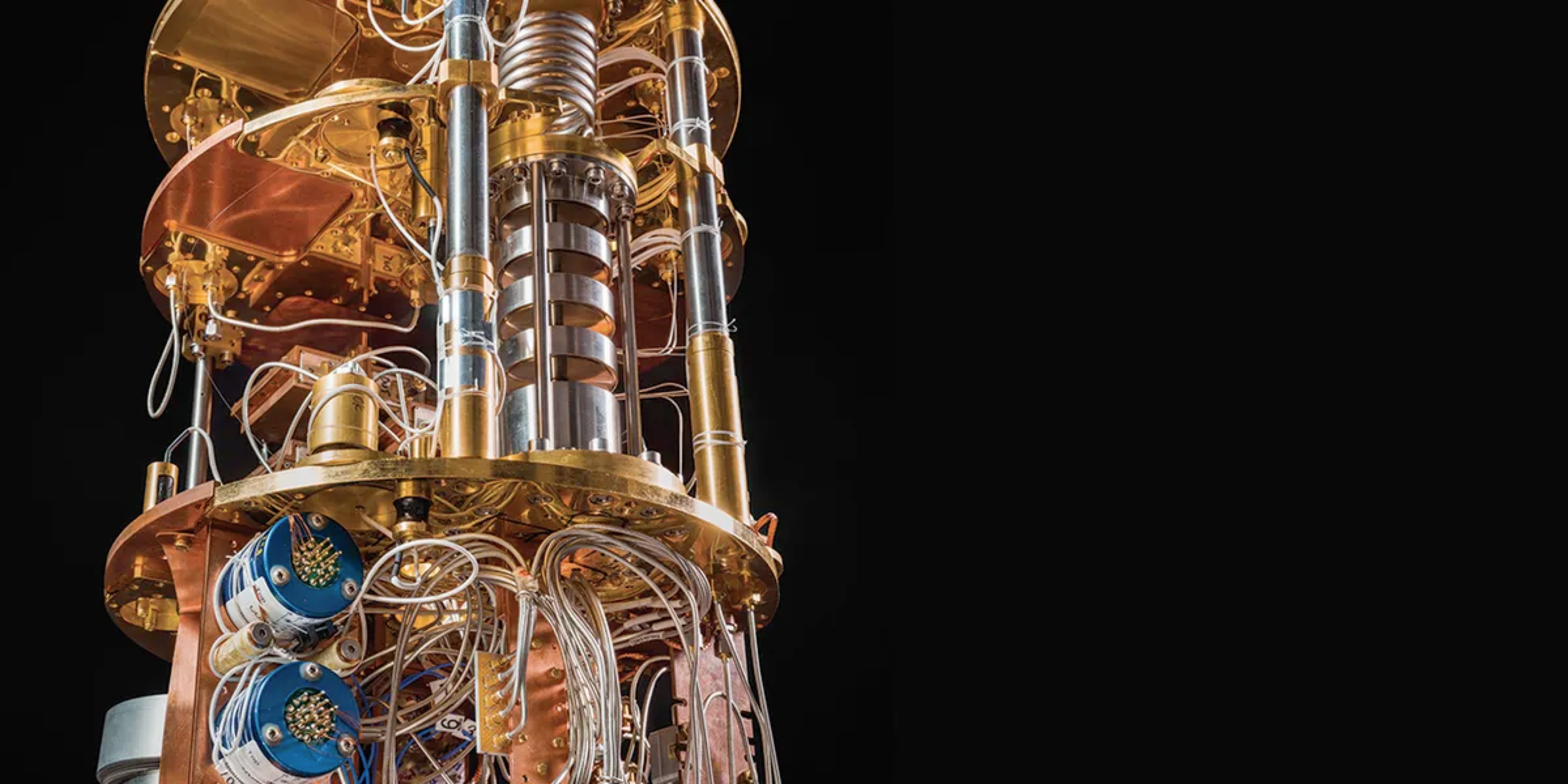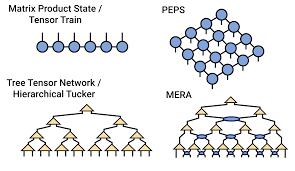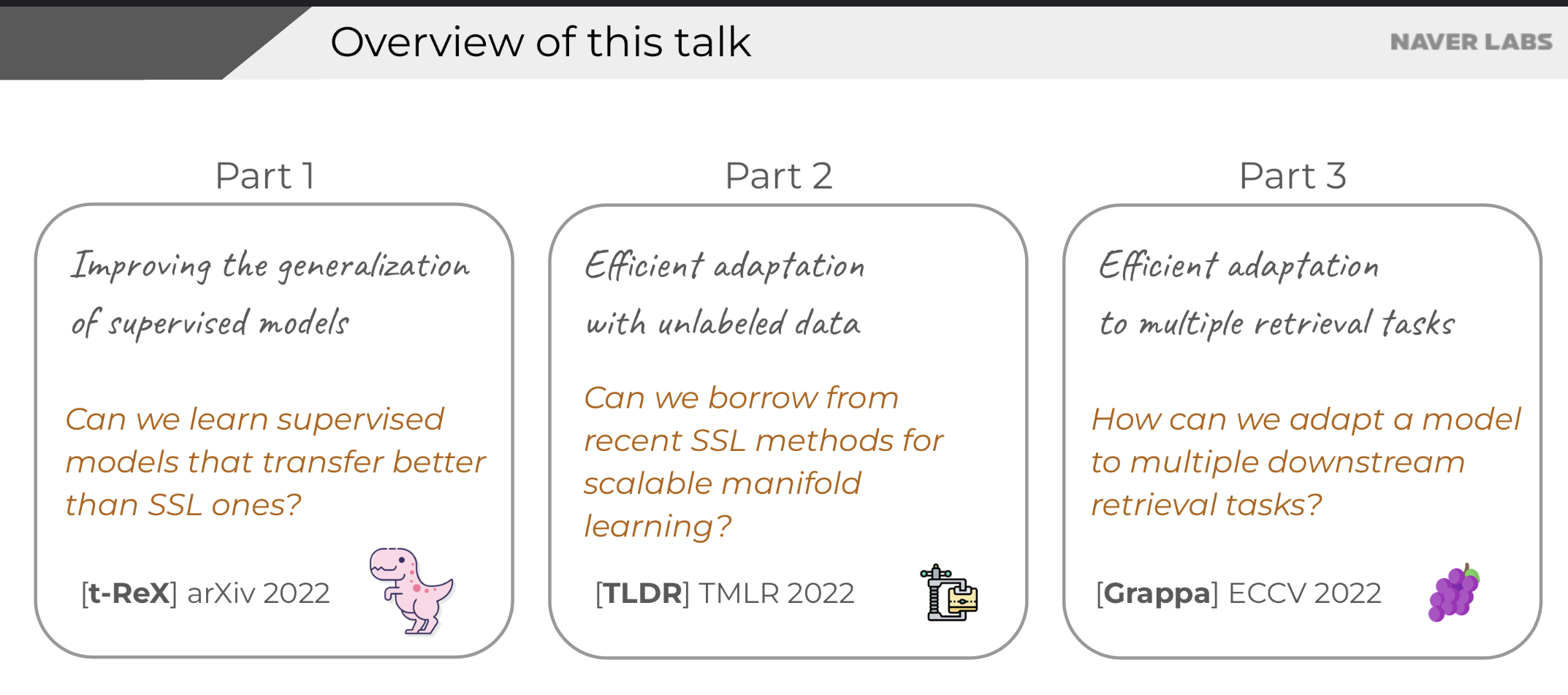2022-2023 Seminar on Geometric Computing
We’re back to physical meetings!
During Fall 2022 and Spring 2023, we have regular group meetings, sometimes hosting external speakers, at ATHENA Research Center. Here is our current schedule, in reverse chronological order.
Monday 13 February 2023, 2.45pm – 6 pm, Amphitheater
AROMATH Workshop on Geometric Modeling
The workshop includes talks by members of the joint INRIA – NKUA team AROMATH. Talks take 30′ each.
Satellite event of the Open GRAPES Software and Industrial Workshop and ESR Days on 14-17 February.
Ioannis Emiris (Athena & NKUA) and Bernard Mourrain (INRIA): Intro
Carles Checa (NKUA & Athena): On the computation of the bigraded Castelnuovo-Mumford regularity.
Pablo Gonzalez-Mazón (INRIA): Effective birational deformation of trilinear volumes.
Ioannis Vlassopoulos (Athena): Tensor networks.
Martin Jalard (INRIA): An algorithm to compute the stratification of a reflexion group’s orbit space.
Michelangelo Marsala (INRIA): Geometrically smooth splines on meshes.
Christos Karampatzakis (Aristotle U Thessaloniki & INRIA): Isogeometric contact analysis
Tuesday 17 January 2023, 3pm, Amphitheater. George Korpas (HSBC Labs, London)
Title: Quantum Computing: state of the art, challenges and prospects
Summary: Quantum computing has the potential to massively outperform any classical computer in certain tasks relevant in computer science, quantum chemistry, finance and many more disciplines. In this talk we provide a generic overview of what quantum computing is, why its potential is worth of your time, what are the challenges to arrive to the so-called “quantum advantage” and what are the prospects in the next 5 to 20 years.
Bio: G.K. obtained his PhD in Mathematics from Trinity College Dublin, The University of Dublin, where he specialised in the mathematics of string theory and topological quantum field theories. After working as Research Fellow at Champalimaud Foundation, National University of Singapore and the Czech Technical University in Prague, he is currently a Senior Research Scientist at HSBC Labs, HSBC Bank Plc, London where he leads quantum computing for optimization and simulation.
Tuesday 10 January 2023, 3pm, Amphitheater: Yiannis Vlasopoulos (Scientific Associate, Athena RC / IHES Paris)
Title: Representing quantum states by tensor networks and applications to machine learning
Summary. This will be an introductory talk explaining basic structures of quantum mechanics and how these can be used in machine learning. In particular we will explain the notion of an isometric tensor network which has been widely used in physics to encode quantum states for systems with a very large number of particles. An isometric tensor network is loosely speaking a graph with isometric (but not necessarily unitary) tensors attached to its internal nodes and it is a way to generalize matrix multiplication to higher order tensors (multilinear maps). It then encodes a quantum state (a length one vector) in the vector space which is the tensor product of vector spaces attached to the leaves of the graph and therefore a probability distribution on that space. We will give as an example an application to learning the next word distribution on natural language texts using a so called Matrix Product State. Isometric tensor networks can equivalently be thought of as quantum circuits, with the tensors on the nodes playing the role of quantum gates and are therefore a main ingredient in quantum computing algorithms.
Bio: YV obtained a degree in mathematics from EKPA and a Ph.D from Duke University. For a long period he was a researcher at the Institut des Hautes Etudes Scientifiques, where he worked on Topological Quantum Field Theory and introduced, along with collaborator M. Kontsevich, the related notion of Pre-Calabi-Yau algebra. This is a Non-Commutative version of Poisson structure originating in the mathematics of String theory. Since 2015 he has worked on language modelling. First on Tensor Network models and then on applying Category Theory and Tropical Geometry to GPT-like models trained on next word guessing
Tuesday 20 December 2022, 3pm, Amphitheater: Yannis Kalantidis (NAVER LABS Europe, France)
Title: Improving generalization for classification and retrieval tasks
Abstract: In this talk I will present recent works for improving the generalization of visual representations on both classification and retrieval tasks. I will start from our most recent work on supervised pre-training that aims to improve the transferability of encoders learned in a supervised manner while retaining their state-of-the-art performance on the supervised training task. We introduce two models: t-ReX that achieves a new state of the art for transfer learning and outperforms top methods such as DINO and PAWS on IN1K, and t-ReX* that matches the highly optimized RSB-A1 model on IN1K while performing better on transfer tasks. Next, I will present two methods for adapting large pre-trained to new downstream tasks using only unlabeled data: TLDR (TMLR 2022), a scalable manifold learning method that is porting recent advances in self-supervised learning to learning linear encoders that outperform methods like PCA for dimensionality reduction; and Grappa (ECCV 2022), a method to efficiently adapt a large pre-trained model to perform better on multiple retrieval tasks jointly using only unlabelled data and with only a small decrease in the zero-shot performance outside those tasks.
Bio: YΚ is a senior research scientist at NAVER LABS Europe. He received his PhD on Computer Science from the National Technical University of Athens in 2014 and was a research scientist at Yahoo Research San Francisco and Facebook AI in Menlo Park before joining NAVER LABS Europe in 2020. His research revolves around visual representation and multi-modal learning, self-supervised learning, as well as adaptive systems. He is also passionate about bringing the computer vision community closer to socially impactful tasks, datasets and applications for worldwide impact and co-lead the organization of workshops like “Computer Vision for Global Challenges” (CV4GC @ CVPR 2019), “Computer Vision for Agriculture” (CV4A @ ICLR 2020) and “Wikipedia and Multi-Modal & Multi-Lingual Research” (Wiki-M3L @ ICLR 2022) in top-tier AI venues.
Tuesday 6 December 2022, 3pm, President’s office (Hybrid at: https://join.skype.com/HIw9Wgu36aAD):
Ioannis Psarros (Athena RC):
Title: Tight Bounds for Approximate Near Neighbor Searching for Time Series under the Fréchet Distance
Abstract: We study the c-approximate near neighbor problem under the continuous Fréchet distance: Given a set of n polygonal curves with m vertices, a radius δ > 0, and a parameter k ≤ m, we want to preprocess the curves into a data structure that, given a query curve q with k vertices, either returns an input curve with Fréchet distance at most c · δ to q, or returns that there exists no input curve with Fréchet distance at most δ to q. We focus on the case where the input and the queries are 1D polygonal curves—also called time series—and we give a comprehensive analysis for this case. We obtain new upper bounds that provide different tradeoffs between approximation factor, preprocessing time, and query time. We complement our upper bounds with matching conditional lower bounds based on the Orthogonal Vectors Hypothesis. Joint work with Karl Bringmann, Anne Driemel, André Nusser. (SODA ’22)
Tuesday 22 November 2022, 3pm, Amphitheater: Kimon Fountoulakis (U. Waterloo)
Machine Learning on Graphs
VENUES.
The Amphitheater is located at 1, Artemidos Street, Paradeisos, Maroussi.
The President’s Office is on the 4th floor of the Main building at 6, Artemidos Str and Epidavrou, Paradeisos, Maroussi.